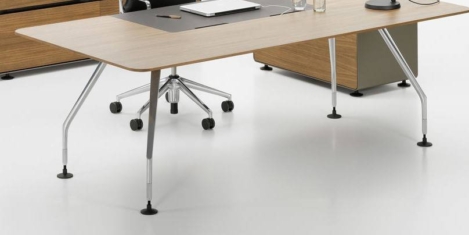To provide the best experiences, we use technologies like cookies to store and/or access device information. Consenting to these technologies will allow us to process data such as browsing behaviour or unique IDs on this site. Not consenting or withdrawing consent, may adversely affect certain features and functions.
The technical storage or access is strictly necessary for the legitimate purpose of enabling the use of a specific service explicitly requested by the subscriber or user, or for the sole purpose of carrying out the transmission of a communication over an electronic communications network.
The technical storage or access is necessary for the legitimate purpose of storing preferences that are not requested by the subscriber or user.
The technical storage or access that is used exclusively for statistical purposes.
The technical storage or access that is used exclusively for anonymous statistical purposes. Without a subpoena, voluntary compliance on the part of your Internet Service Provider, or additional records from a third party, information stored or retrieved for this purpose alone cannot usually be used to identify you.
The technical storage or access is required to create user profiles to send advertising, or to track the user on a website or across several websites for similar marketing purposes.
 Remote working boosts flexibility and productivity among the self-employed, new research by IPSE (the Association of Independent Professionals and the Self-Employed) and People Per Hour claims. The report suggests that freelancers overwhelmingly viewed remote working positively, with nine out of ten (87 percent) working remotely at some point in the last year. (more…)
Remote working boosts flexibility and productivity among the self-employed, new research by IPSE (the Association of Independent Professionals and the Self-Employed) and People Per Hour claims. The report suggests that freelancers overwhelmingly viewed remote working positively, with nine out of ten (87 percent) working remotely at some point in the last year. (more…)










 A new, nationwide study released today, has revealed over a quarter (28 percent) of Britons feel their phone or social media addiction is actively stopping them living life to the full, with as many as 83 percent saying they are desperate to spend more time in the real world, according to the report commissioned by the photographic tech company
A new, nationwide study released today, has revealed over a quarter (28 percent) of Britons feel their phone or social media addiction is actively stopping them living life to the full, with as many as 83 percent saying they are desperate to spend more time in the real world, according to the report commissioned by the photographic tech company 





















April 4, 2019
Workplace art can draw the distinction between branding and corporate identity 0
by Helen Owen • Comment, Workplace design